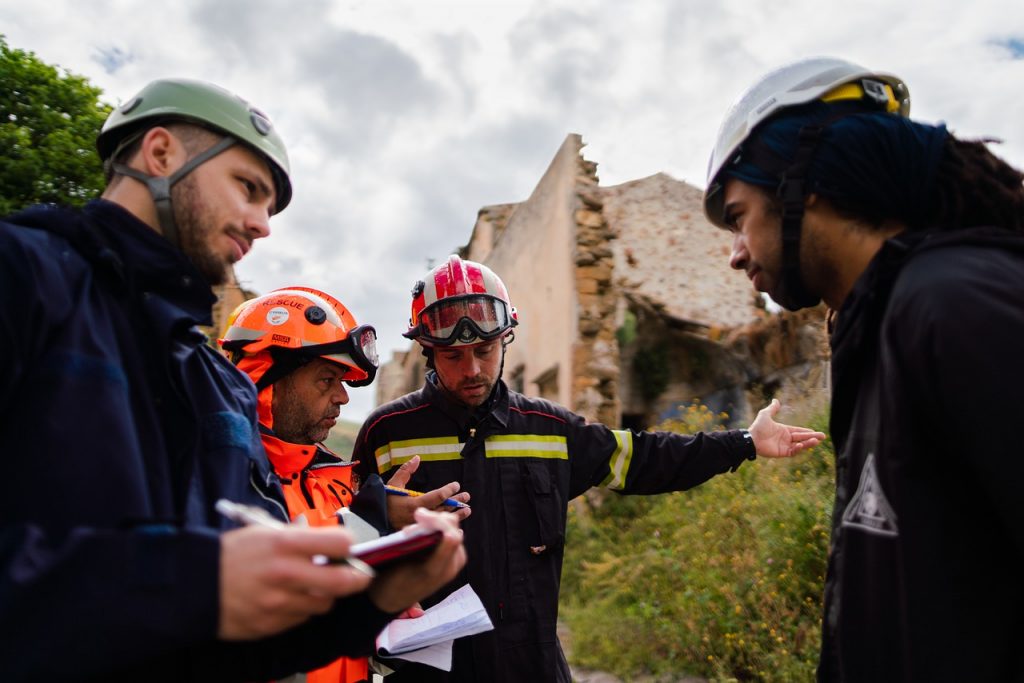Yesterday an earthquake of magnitude 6.9 (based on the National Seismological Service of UNAM) took place in Mexico. From the first seconds, an infinity of data and information was circulated; both erroneous and scientifically backed. This disruptive event triggered a series of reactions and habits that are not far removed from those that marketers study when we want to understand the decision processes and purchase of products and services.
Crisis management is a task that we all face sooner or later; either as individuals in our homes and as a group at work or in the community. In both cases, the approach to disasters is similar: you must act at the moment and there is not much room for planning. That is why, based on the behaviors observed after this earthquake, we list some lessons that this event left us and that are applicable in the process of understanding consumers.
- Prevention is better than remedy. Natural phenomena or anthropogenic conjunctures are usually short and sudden events. These interrupt the daily life of people and their effects can be suffered by time windows of varying magnitude. In general terms, we can affirm that those who plan in advance their response to these events are less exposed to their effects and can increase their chances of getting better out of disasters. For this reason, it is worth investing time and resources in designing response plans in the event of more likely to occur than in remediating destructive impacts.
- We look for explanations of what happened in validated sources. Before any event that dislocates our life, we will look for answers. It is a fundamental feature that allows us to understand the new state of things and gives us the opportunity to make the first decisions to restart the usual activities or to plan response actions in the face of changes imposed by the environment. In this sense, communicators who offer immediate explanations, easily assimilated, and who show empathy with those affected will have greater resonance and credibility. Unfortunately, not in all cases these publicly validated spokespersons have scientifically correct data and the effect on their audience is often negative.
- Assume non-existent correlations. In Mexico, many people are really convinced that September is the month of earthquakes. This belief is based on the fact that the earthquakes with the greatest effects in the center of the country in immediate historical times have occurred this month. In addition, there are two date matches for two pairs of major tremors. However, Earth scientists have verified that this statement is not true since the universe of data to be analyzed should span thousands or millions of years. However, people will find patterns where there are none because they seek causality that «returns» them to control of their lives.
- Value the experiences of friends and family more than experts. In times of crisis, people’s support and information networks are activated. A rumor or false information replicated by a close relative or friend can be considered true almost by reflex action and this in turn will be shared with third parties creating a «snowball» effect. This process reflects very well the imaginations that consumers have about their favorite brands: if the discussion is not approached correctly, it can give rise to conversations that, although false or ill-founded, almost ruin the prestige of a product or service. irremediable.
- Exaggerate the answers. In a state of calamity, people go into survival mode. Each person assumes this state based on their personal history and environment. Some maintain equanimity, while others remain in a state of exaltation or aggressiveness. These response patterns are well known to customer service personnel. In times of crisis, it is worth knowing how to contain the most affected consumers to avoid magnifying discussions that in other circumstances would not go any further. Nor can we forget that a bad experience tends to be socialized faster and to more people than a good experience.
Events with negative impact will occur throughout life since risk is an inherent part of existing. However, how we deal with these situations depends to a large extent on our own initiative. In Marketing, risks are approached from another angle: scandals, political or legislative crises, communication errors, among others. The lessons that the recent seismic event left us are very useful when it comes to better managing our market plans with a focus on risk.
At Acertiva we know that understanding consumers is a permanent need of our clients. And even more so if you try to address the subjective component of their behavior. Therefore, we have experts who will help you design the best methodological approach as well as execute the research protocol. Just write to us today so we can tell you how together we can write your next success story.

Short Link:
